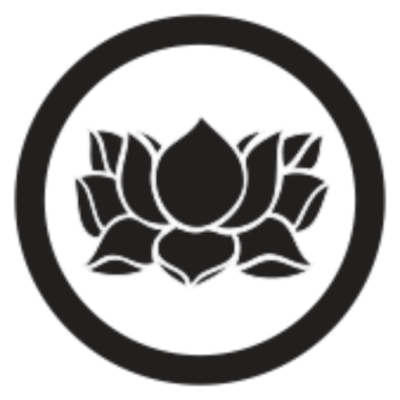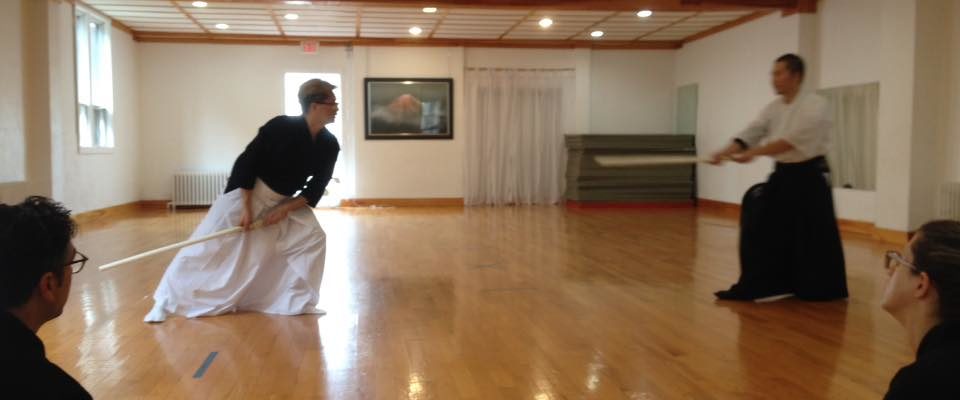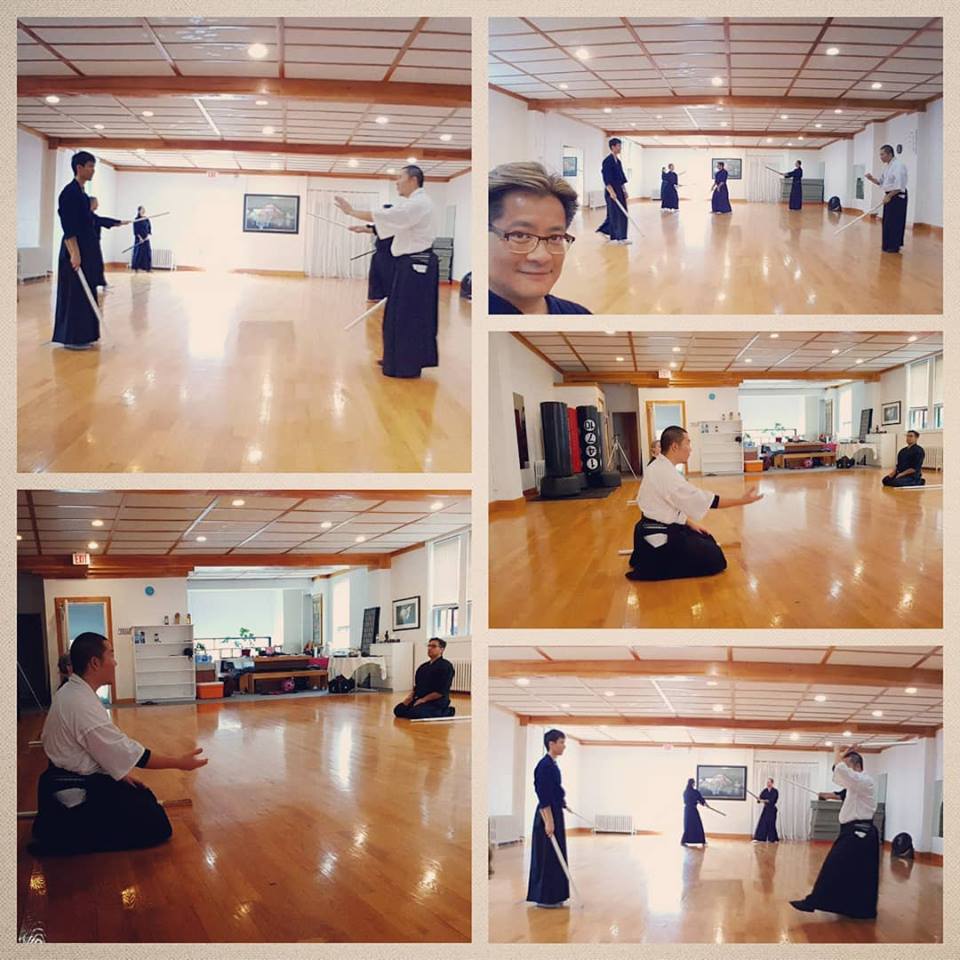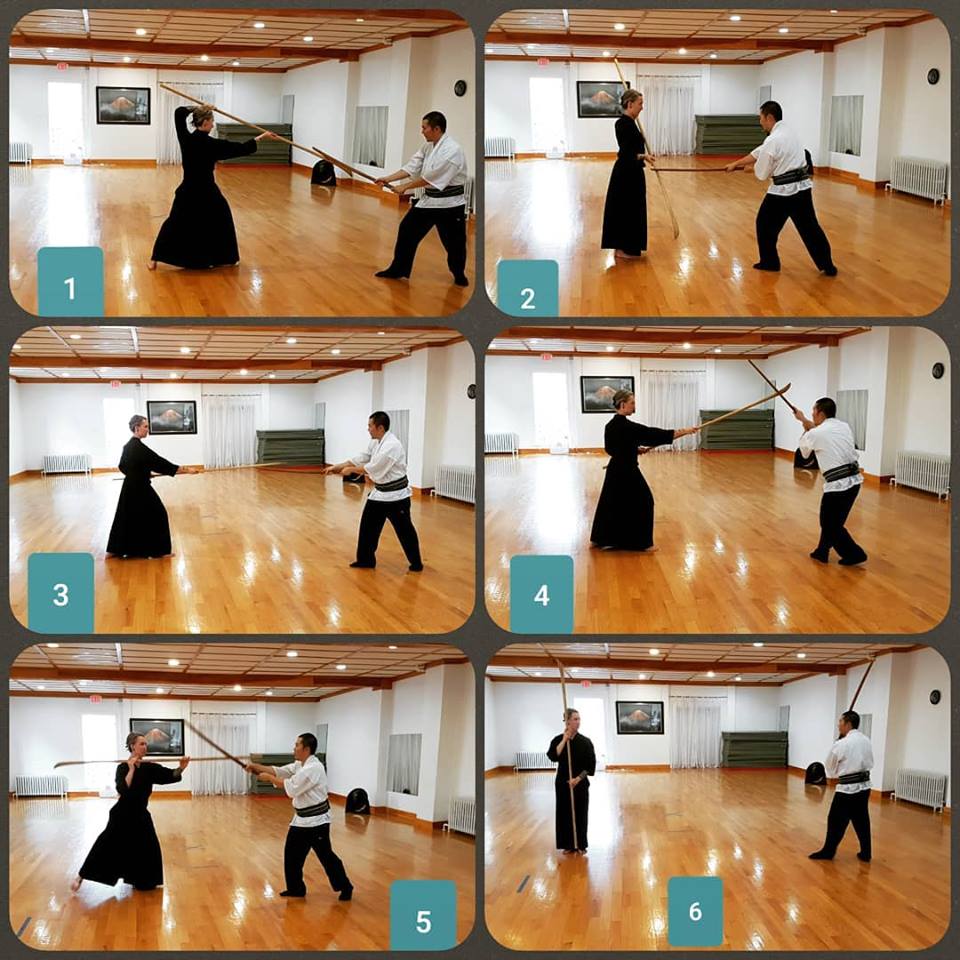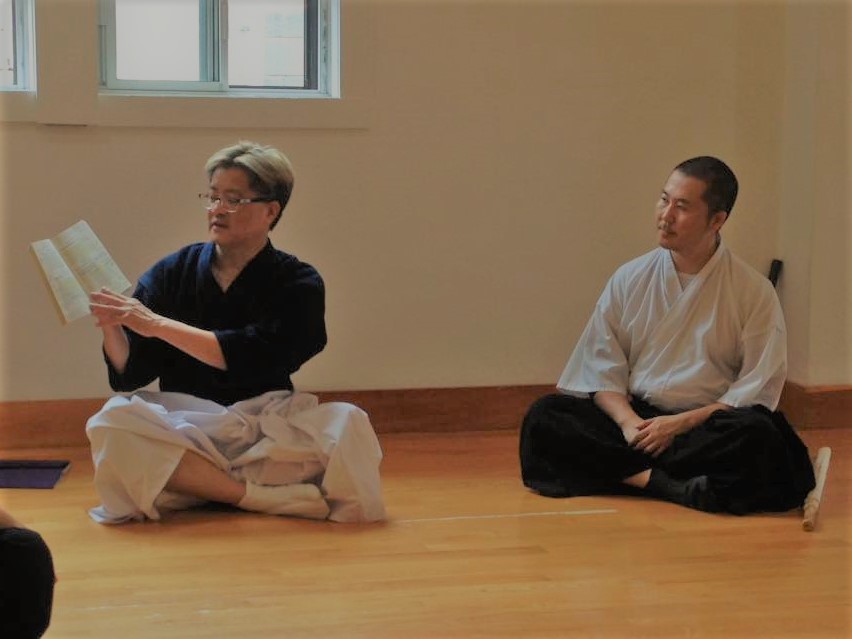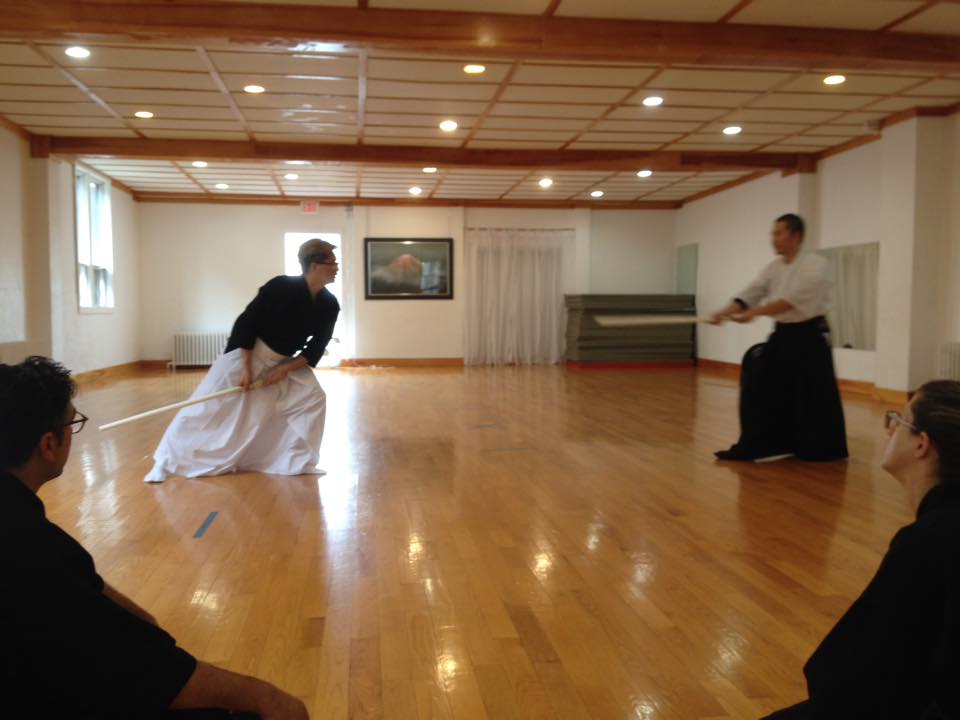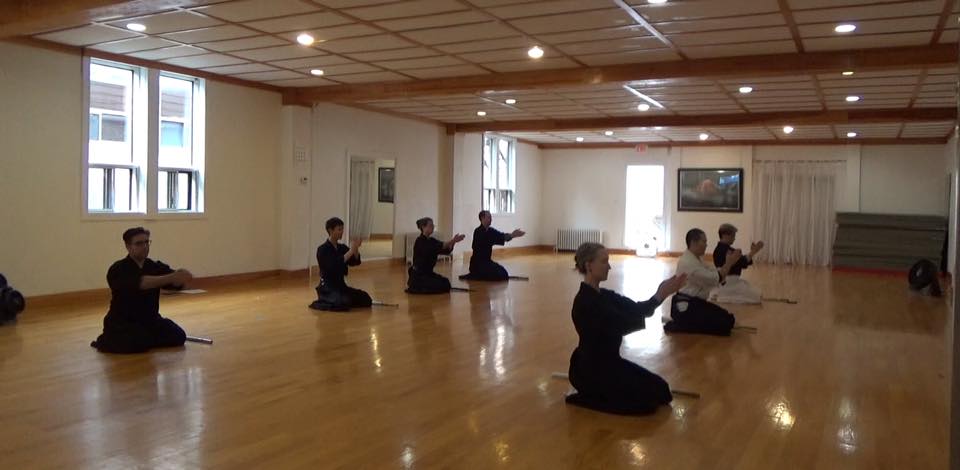I didn’t always have this outlet though, and in the past I sought other ways to cope. In an effort to deal with the daily stresses of my life, I studied a bit of Buddhist philosophy at the temple my family belongs to. The beginner course focused on the first concepts of Buddhism known as the Three Learnings: Precepts (mindfulness), Meditation (awareness), and Wisdom (understanding). These three learnings are the foundation on a path to understanding life through Buddhist eyes. The most memorable lesson I learned through this course was that nothing was permanent and that everything has its time, and when that time is over it passes. Of course this isn’t always the first thought in my head when my next mortgage payment is due, however seeing (at least in hindsight) that all the stress and worry I had for that one issue was no longer there afterward adds to the validity of the observation that everything is ephemeral. With this knowledge, I have tried to keep in mind that even though I feel I am in the middle of a chaos of thought and emotion, this moment will eventually pass. All I need to do is be mindful of myself as I process it all.
So how does this relate to martial arts? The lineage of Yagyu Shinkage Ryu (YSR) that I study has strong roots in the practice of Zen Buddhism. It is not surprising that the first kata set is also known as the Three Learnings. These foundational forms are what helps the practitioner in understanding kenjutsu through the eyes of YSR. During the September Labour Day long weekend, Sensei Tong held a seminar to examine the Three Learnings of YSR in Ottawa, Canada. Once again organized and hosted by the tireless efforts of Sensei Gaal at the Takahashi Dojo, the two-day training session was filled with an incredible amount of detail.
By the end of the second day, I noticed that all of the participants, myself included, had greatly improved on not only the body motions of the kata, but also the mental awareness needed when engaged in sword training. There was a sense of accomplishment and pride in us all for not only climbing a very steep mountain of knowledge, but also coming out the other side with a deeper understanding of our art and ourselves.
On the surface, the katas of San Gakuen focuses on learning the forms of YSR, however given the relationship with Zen Buddhism, I believe it has a much deeper meaning. From the San Gakuen of Buddhism one learns mindfulness, awareness, and understanding. In YSR we practice mindfulness through training with care for our partners and our own safety. In addition, the philosophy of saving life, not ending it, is an intrinsic part of our lineage. We also practice meditation in the form of motion. Awareness of the current moment is critical for the safety of all around those around us. In this moving meditaion we practice staying present and aware of that moment. Finally, we work towards an understanding of YSR not only as an art but as a theory of life. If we see our world through YSR eyes, we can begin to understand conflict as something that need not be feared. Additionally, we become aware that in conflict there are many resolutions. We don’t have to WIN in order not to LOSE. Those kind of binary thoughts are illusions and often hinderances to our happiness and our lives. Bringing it one step further, maybe the idea of conflict itself is an illusion. Perhaps what we percieve as conflict can be seen as nothing but another ephemeral thought and emotion in our ever changing lives. In this way, our training in the San Gakuen of YSR can improve not only our kenjutsu, but also our outlook on life.
Thanks again to Sensei Tong for another great seminar, to Sensei Gaal for all her patience in organizing the event, and also all the attendees as everyone worked hard through less-than-ideal temperatures.
